The Quebec-based Company APN Increases CNC Machine Uptime

To help increase CNC machine uptime, APN, a Quebec-based company that has been a leader in part machining for the aerospace industry for the past 40 years, automated its machine tending with a Universal Robots UR5, Robotiq 2F-85 Adaptive Gripper, and Wrist Camera, the only solution on the market capable of meeting its requirements for flexibility, efficiency, and precision. APN earned an ROI within a year and achieved an average increase in CNC machine uptime of 15%.
Businesses see robots as a way to overcome the global talent shortage.
Designing and manufacturing complex parts for the aerospace sector—which demands full compliance with the strictest requirements—is a challenging endeavor that’s made even tougher by the ongoing global talent shortage. As a leader in this industry, APN is well aware of the need to continuously innovate to drive efficiency and growth.
Unlock human potential
Whereas mainstream media often portray state-of-the-art Industry 4.0 technologies, like robots or artificial intelligence, as job-stealing threats to humanity, the reality is very different.
In fact, these technologies are helping people do their jobs better than ever before. “I can perform maintenance while production runs, along with lots of other things. My team leader could say ‘I need your help for ten minutes,’ and it’s no problem! Production is constant, and the robot will keep processing my parts while I’m away,” said APN machinist Jean-François Rivest-Gagné.
By automating its machine tending with a Universal Robots UR5, Robotiq 2F-85 Adaptive Gripper, and Wrist Camera, APN enabled its machinists to break free from boring, repetitive tasks and focus their time and energy on greater value-added projects.
Scale operations
“It took two years to become efficient after the installation of our first robot. But after that we implemented eight robots in as many months,” Yves Proteau, co-president of APN, told Robotiq.
Specifically, APN wanted to have a robot automatically bring parts from one machine to another for measuring, which would eliminate the need for a human operator to perform this monotonous task manually many times a day.
Such a task was easily accomplished with the help of Robotiq’s collaborative robot products, namely the 2F-85—the gripper for cobots (collaborative robots)—and Robotiq’s Wrist Camera. Unlike other grippers on the market, the 2F-85 has a very wide stroke (up to 85 mm) that allows it to effortlessly pick up almost any object, and its automatic part detection and position feedback settings make it exceptionally simple to program.
APN’s Director of Continuous Improvement, Joël Lessard, first noticed the Wrist Camera at Robotiq’s booth at the 2016 IMTS show. Until then, he didn’t have access to technology that could efficiently detect all 300 of the different types of parts that APN processes. “Image recognition software is readily available, but it’s quite complex to program,” he said. “Fortunately, the IMTS show let me finally discover a setup that was easy to program and that we could recreate here at APN.”
Secure a competitive advantage
APN Co-President Yves Proteau believes that businesses that continue to hesitate when it comes to robots, and automation in general, might find it hard to remain competitive in the future. Considering that the industrial market for robots is expected to reach $37.75 billion by 2024, it’s clear that the demand for robots as a way to automate some of the most repetitive processes across industries is increasing at a rapid pace (further reading: Industrial Robotics Market - Growth, Trends, and Forecast (2019 - 2024)).
Just like APN, other businesses are hoping that their new robotic crews will help them secure the competitive advantage they need to remain as profitable as they can be. Businesses also see robots as a way to overcome the global talent shortage, which has made it exceedingly difficult to find qualified employees. In Quebec City, where APN, is located, the unemployment rate is around 4%, so the demand for workers greatly exceeds the supply.
Instead of fearing the disruptive potential of robots or being intimidated by their apparent complexity, businesses of all sizes should learn to embrace automation as yet another useful tool: one that improves both quality and productivity by freeing human hands from repetitive tasks and creating room for human minds to thrive. With products from Robotiq and the lean robotics methodology, anyone can achieve the same great results as APN.
Download the APN case study
To learn how exactly APN used Robotiq’s 2F-85 and Wrist Camera to increase its CNC machine uptime, read the full case study.

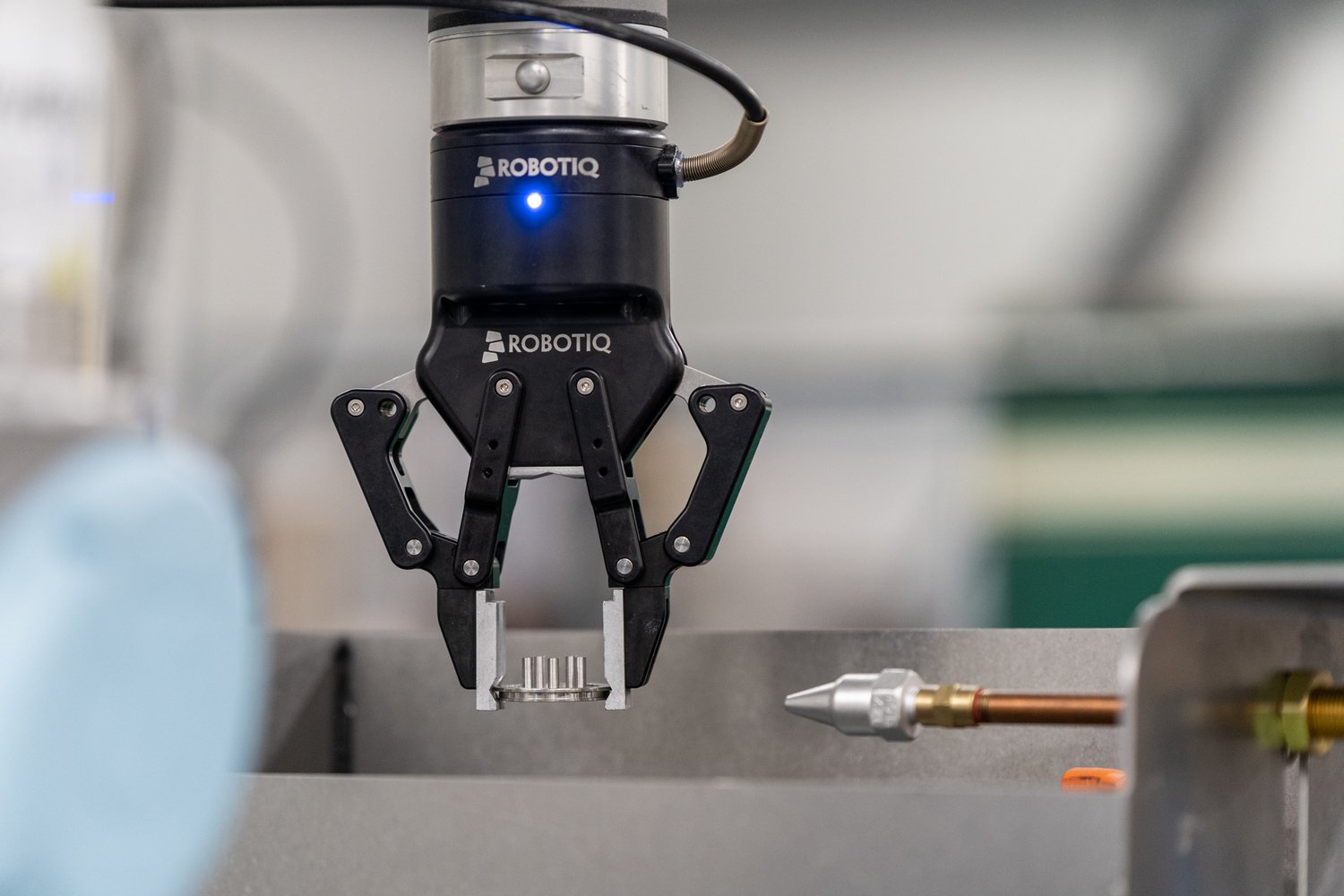

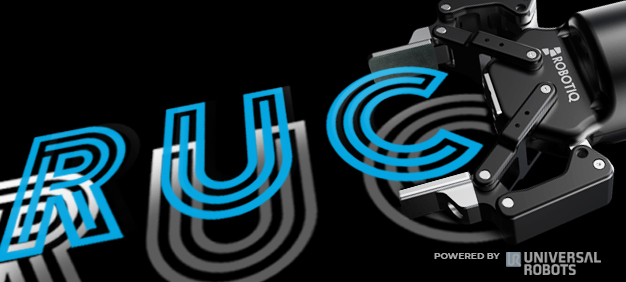
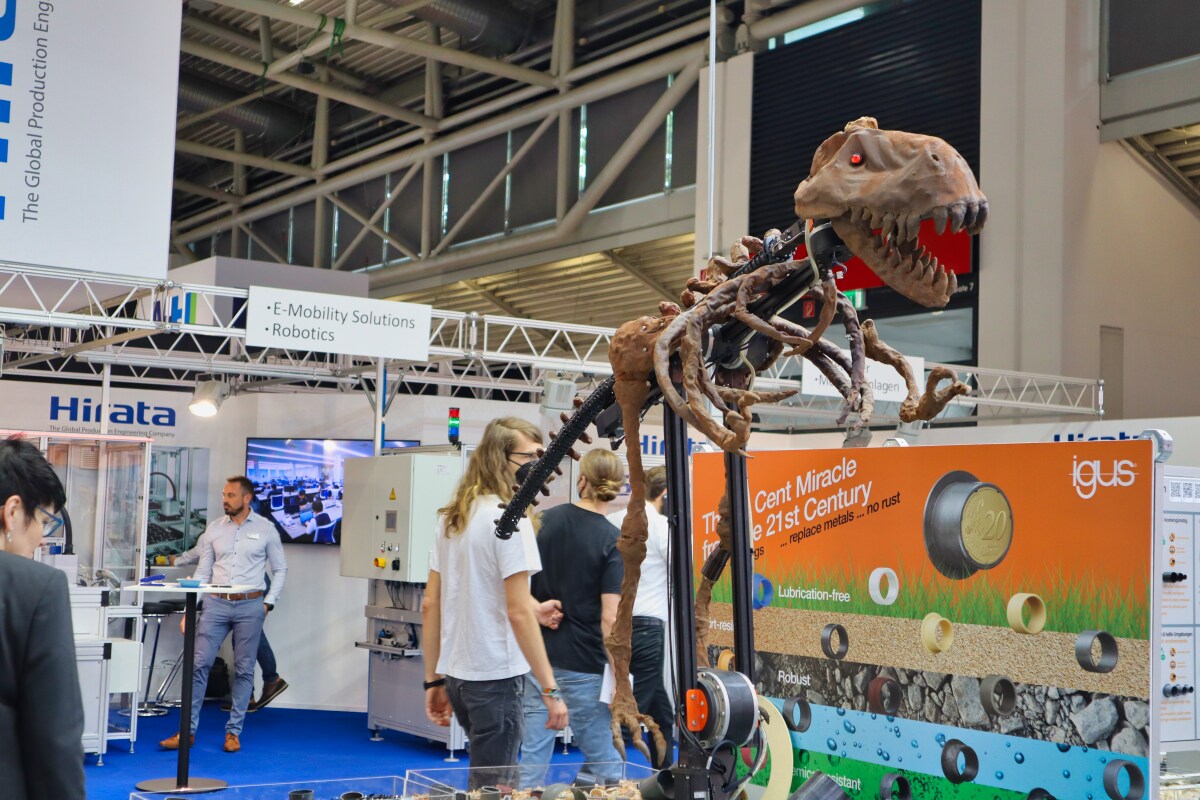

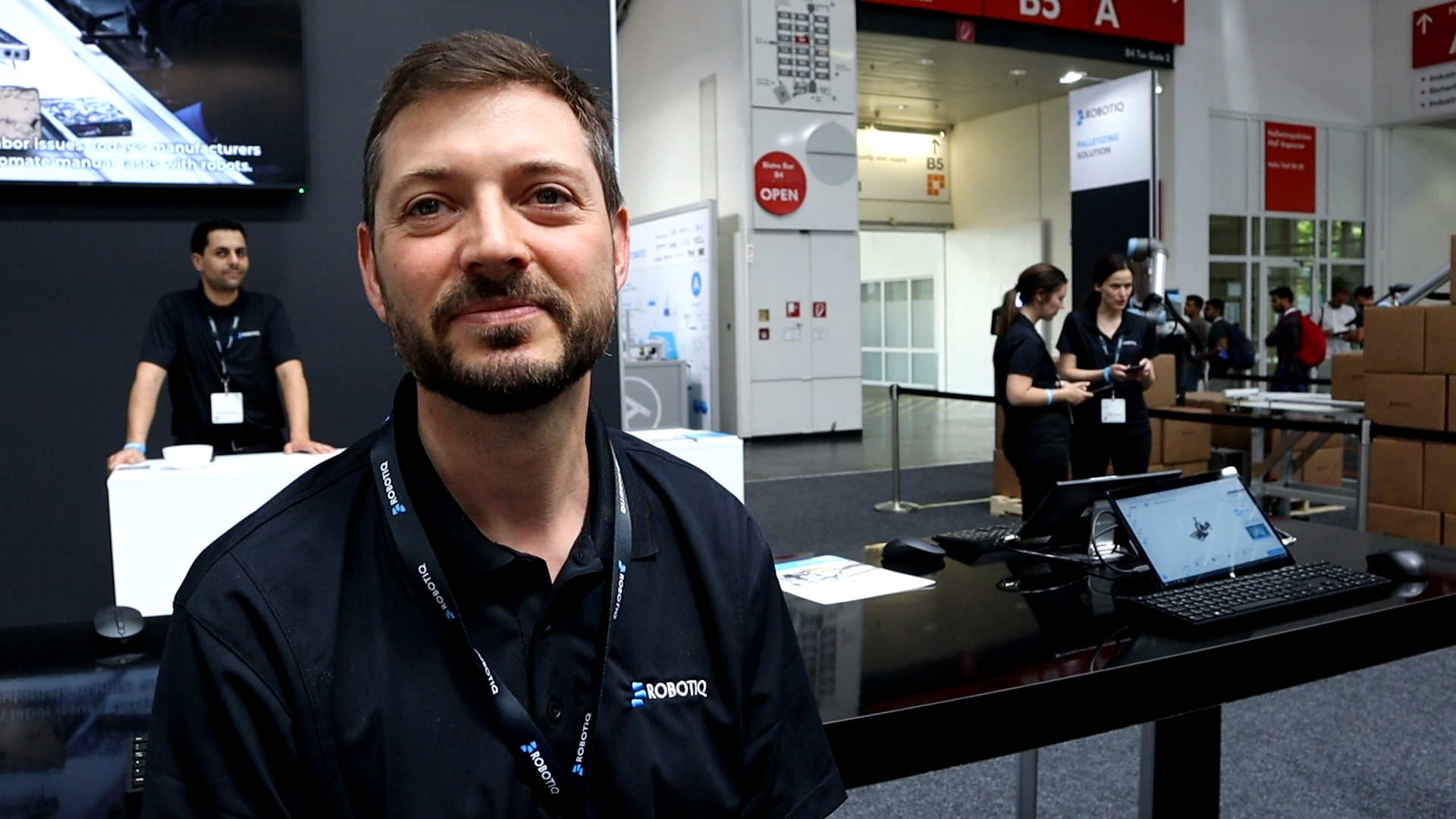
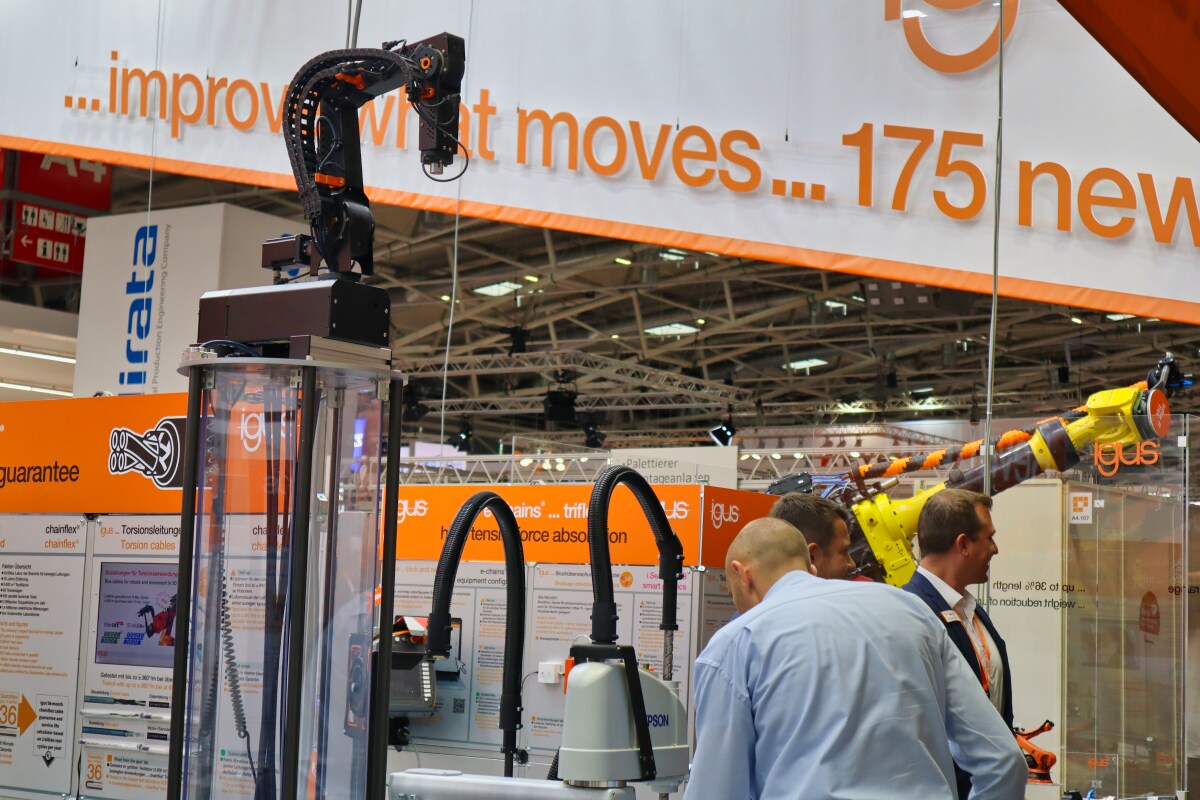
Leave a comment